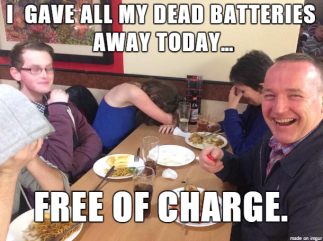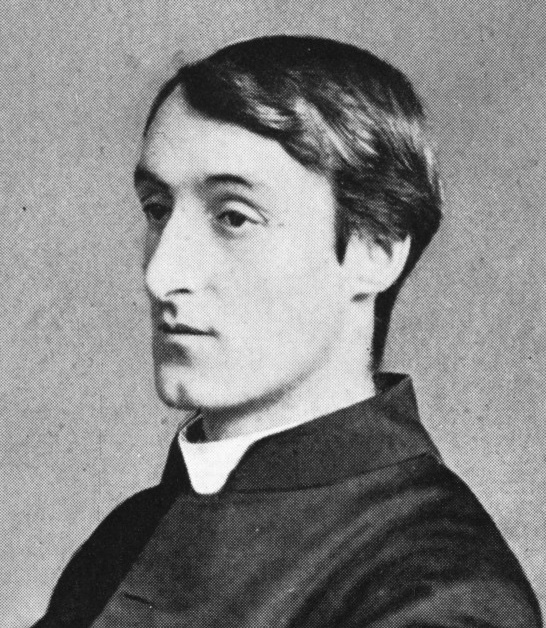Lesson 7 | Vocab
Enjoying Wordplays
One of the joys of language is wordplay. Wordplay is a rhetorical device that adds a layer of communication underneath the meanings of the words themselves.
For example, a pun is a type of wordplay, which you may have encountered in the form of a “dad joke”:

The Bible contains no “dad jokes,” but it does contain examples of wordplay! Let’s look at two of them, both examples of consonance, which is a “correspondence or recurrence of sounds.”¹
Consonance Clarifies Contrast
In Shakespeare's Hamlet, the titular character responds to his uncle and step-father's hypocritical concern by saying that he is "a little more than kin, and less than kind." Do you see the two words that are cleverly contrasted? Hamlet's step-father's close relationship of blood is set against his lack of kindness, and that contrast is strengthened by the similarities between "kin" and "kind."
Now look at the last half of Isaiah 5:7, where I have highlighted two pairs of words that sound almost the same. Read the last seven words out loud:
The similarities in words' sounds contrast the dissimilarities in the words' meanings. God could have used words that sounded different, but his denunciation of Israel is strengthened, and Israel’s sin looks blacker, by this contrast. You can see the literal truth behind the words in English, but the contrast is not as strong, because you cannot translate consonance well from one language to another!
Consonance Evokes Emotion
One English poet who used consonance to great effect was Gerard Manley Hopkins (1844-89). Read his wonderful poem, “The Grandeur of God” to feel the emotional power of consonance:
The world is charged with the grandeur of God.
It will flame out like shining from shook foil;
It gathers to a greatness like the ooze of oil
crushed. Why do men then now not reck his rod?
Generations have trod, have trod, have trod
And all is seared with trade; bleared, smeared with toil;
And wears man’s smudge and bears man’s smell; the soil
Is bare now, nor can foot feel, being shod.
And for all this, nature is never spent;
There lives the dearest freshness deep down things;
And though the last lights off the black west went
Oh, morning, at the brown brink eastward, springs–
Because the Holy Ghost, over the bent
World broods with warm breast and with ah! bright wings.

God accomplished a similar emotional effect in Jeremiah 48:43-44. Look at the first words of verse 43:
The three words I highlighted have two of the same consonants, and aggressive-sounding consonants at that! But then see how God uses them in the first half of the next verse:
Their similar sound joins them together as inescapable realities: if you manage to avoid one, you'll be entangled in the other. God could have said that with words that had very different consonants, but the consonance he uses increases the emotional power of the prophecy.
And now that you’ve learned a lot of Hebrew, you are better prepared to enjoy the impact of wordplays like consonance in the original languages that cannot be brought across in translation!